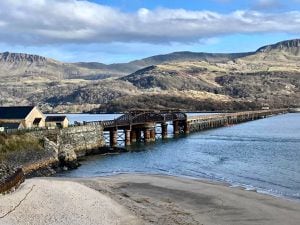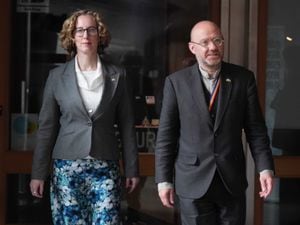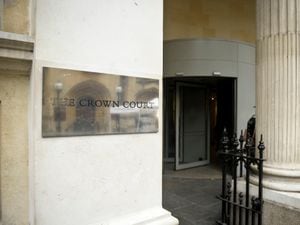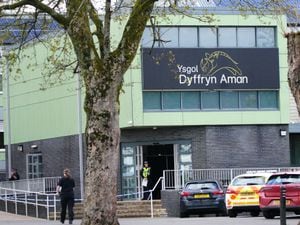Wales tourist tax plans will hit communities and businesses, say critics
Plans for a tourism tax in Wales that would see money reinvested into communities has attracted criticism from businesses.

A public consultation into whether to give councils the power to charge visitors who are staying overnight in the country was launched on Tuesday.
Locations such as Barmouth, Llandudno and Snowdonia are popular with tourists from Shropshire and the wider West Midlands.
The Welsh Government said it would be following in the footsteps of more than 40 countries around the world which have introduced a form of visitor levy, including Greece, France, Amsterdam, Barcelona, and the US state of California, if it were to go ahead.
How much visitors could be charged has not yet been decided, but finance minister Rebecca Evans said it would be a “small contribution” that would go towards maintaining local amenities such as beaches, pavements, parks, toilets and footpaths.
But many reliant on tourism have said now is not the time to impose such a tax in case it deters visitors who are already cutting back on holidays and short breaks away due to higher bills.
Warning that it could severely affect businesses which are already struggling due to the ongoing impact of the coronavirus pandemic, as well as the now soaring energy and food prices.
Chairman of North Wales Tourism Christopher Frost said: “We can appreciate the motivation for the tourism levy following the pressures over the last few years, especially to ‘honey pot’ locations.
“We can also appreciate that the government feels that a call for a tourism levy is legitimate and has the backing of the electorate following the last election here in Wales.
“However, the economic and social landscape has changed exponentially since the last election.
“The biggest change in the economic landscape is clearly the cost-of-living crisis, which has seen an enormous surge in the price of energy, utilities and food.
“For many, prices have in some cases doubled or tripled and for many businesses this has made the cost of doing business extremely high.
“With the sector skills shortage, the challenges from an unregulated Airbnb market, the rise in employment costs, this is the wrong time to launch a consultation on a bed tax that will add further to the cost of doing business, will hit the confidence of an industry that has not yet overcome the challenges of the pandemic and will create further bad publicity for an industry that is already struggling.”
Earlier this year the owner of one of Wales’ biggest attractions, Dan-yr-Ogof at the National Showcaves Centre for Wales, banned Welsh Government ministers including the First Minister Mark Drakeford from the site over what he called their “anti-tourism” policies.

The Welsh Tories have said the tax “poses grave dangers for Wales” and would “leave jobs hanging in the balance”, with the party calling Welsh Labour “arrogant” for pressing ahead with the plans “despite near-unanimous opposition from the Welsh tourism industry”.
The Conservatives have claimed that if the Welsh levy is comparable to those imposed in other European countries, a family of four staying in the country for six nights could be charged on average around £75.
Ms Evans said: “These proposals are about preparing for the future.
“Our intention is to bring about a sense of shared responsibility between residents and visitors, to protect, and invest in, our local areas.
“By asking visitors – whether they have travelled from within Wales or from further afield – to make a small contribution towards maintaining and enhancing the place they are visiting, we will encourage a more sustainable approach for tourism.”
The proposed levy is one of the policies brought about through the Welsh Government’s co-operation agreement with Plaid Cymru.
It could take a number of years for the levy to be brought in should it be approved by the Senedd.
Plaid Cymru’s Cefin Campbell said: “While Wales may be the first place in the UK to introduce such a levy, we do not believe it will be the last – as we have seen recently, a visitor levy may soon be introduced in Edinburgh so Wales is not alone.
“Should local authorities decide to implement a visitor levy, it could make a real difference in communities across Wales to help develop and protect local services and infrastructure.”
People will be able to submit their views on the levy on the government’s website from Tuesday afternoon.





